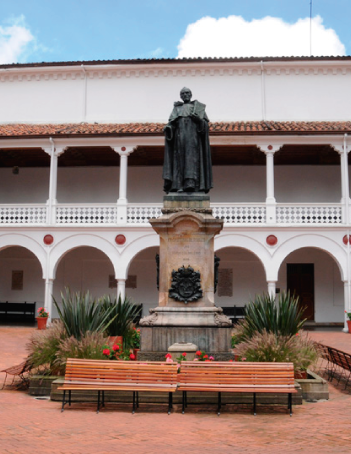Property systems after armed conflicts : custom, possession and dispossession -- the ethnography of Austronesian origin principles -- The structure of resilience : rule complexity and customary land systems -- Contested transitions from custom to law : property rights in a weak state -- Solving the problem of violence : land law in a new nation-state -- Controlling the domain, sharing the land : customary land tenures in a Naueti community -- The unsettling histories of Ponta Leste -- Land, history and politics in Maliana Sub-district -- Possession, custom and conflict around the town of Ainaro -- Possession and dispossession : mediating and managing complex land conflicts -- Implementing the land law : Possession, protection and community property.
Peace-building in a number of contemporary contexts involves fragile states, influential customary systems and histories of land conflict arising from mass population displacement. This book is a response to the international focus on peace-building problems arising from population displacement and post-conflict state fragility. It considers the relationship between property and resilient customary systems in conflict-affected East Timor. The chapters include micro-studies of customary land and population displacement during the periods of Portuguese colonization and Indonesian military occupation. There is also analysis of the development of laws relating to customary land in independent East Timor (Timor Leste). The book fills a gap in socio-legal literature on property, custom and peace-building and will be of interest to property scholars, anthropologists, and academics and practitioners in the emerging field of peace and conflict studies. Land policy is normally difficult and bitterly contested after civil wars. These authors combine a deep knowledge of both comparative land law and Timorese ethnography. The result is nuanced, thoughtful lessons of the dilemmas of property settlements using diverse districts of East Timor as case studies. A major contribution on the contest and accommodation between resilient custom and resurgent state law after war. East Timor provides an unusual opportunity to observe the development of new land legislation in a recently-established nation-state. With its interdisciplinary approach and rich case study material, this volume provides a considered examination of the role of violence and social order in property analysis.

Escuela de administración
Facultad de Jurisprudencia
Facultad de Ciencias
Escuela de Ciencias
Escuela de Medicina
Facultad de Economía
Facultad de Estudios
Facultad de Creación
Escuela de Ingeniería,
Otras Ofertas
 Historia y símbolos
Historia y símbolos
 Enfoque estratégico
Enfoque estratégico
 Gobierno universitario
Gobierno universitario
 Playbok - Nuestros pilares de transformación
Playbok - Nuestros pilares de transformación
 Protocolo de seguridad
Protocolo de seguridad
 Archivo histórico
Archivo histórico
 Portafolio de becas, descuentos y apoyo financiero
Portafolio de becas, descuentos y apoyo financiero
 Casa UR
Casa UR






 Proyección social
Proyección social Filantropía
Filantropía Hagámoslo posible
Hagámoslo posible

 Libro
Libro







